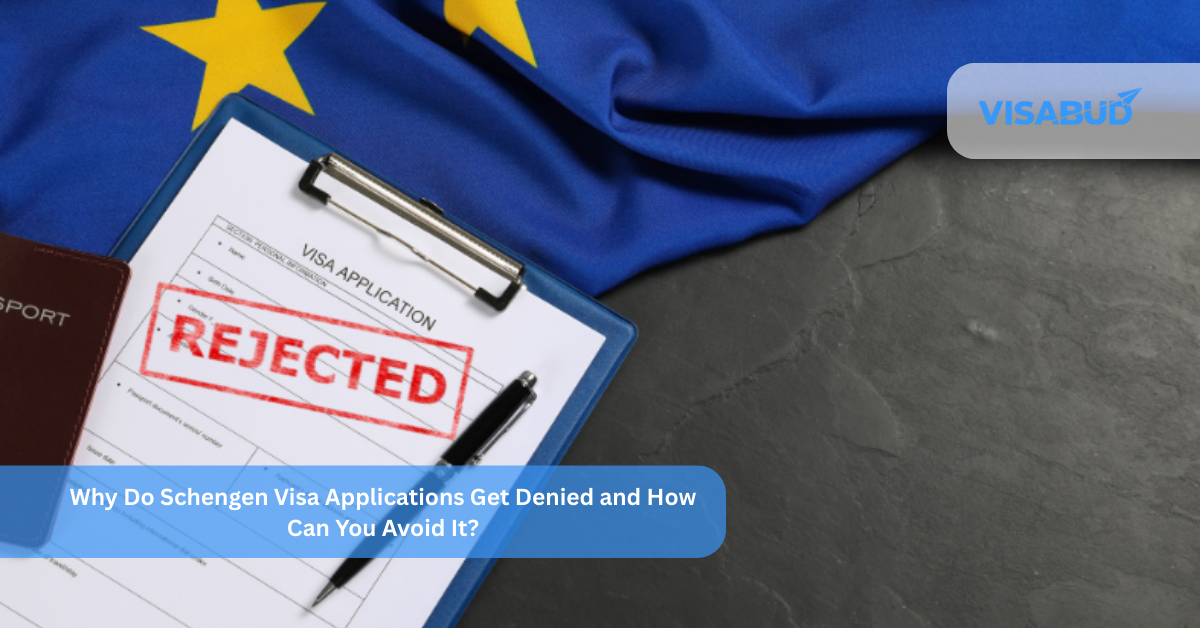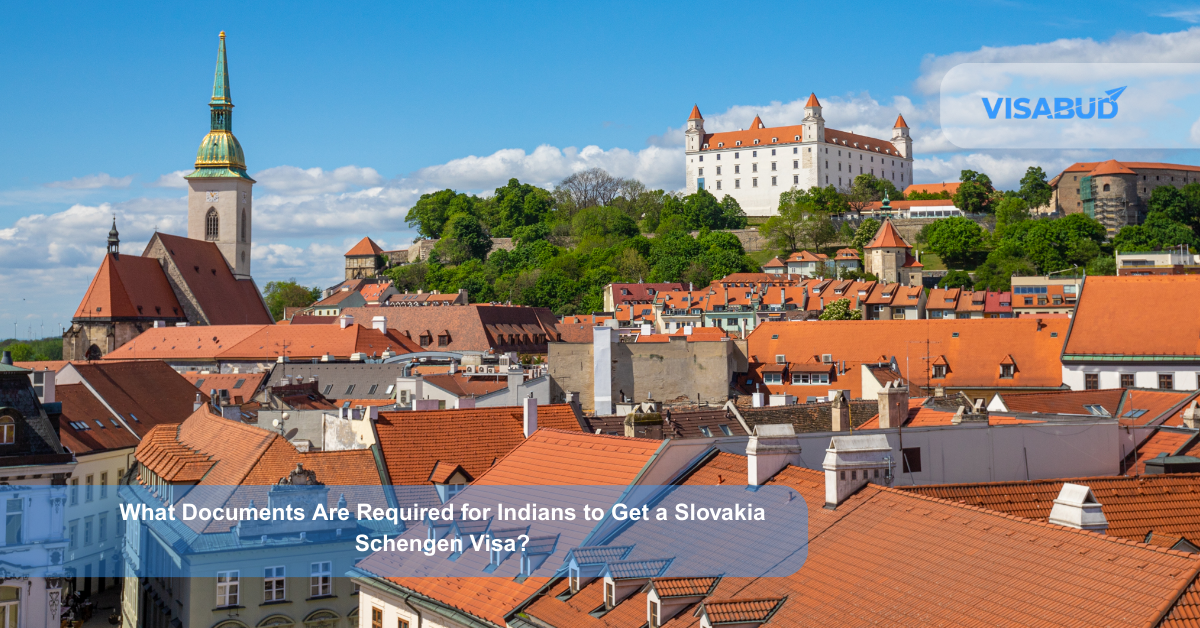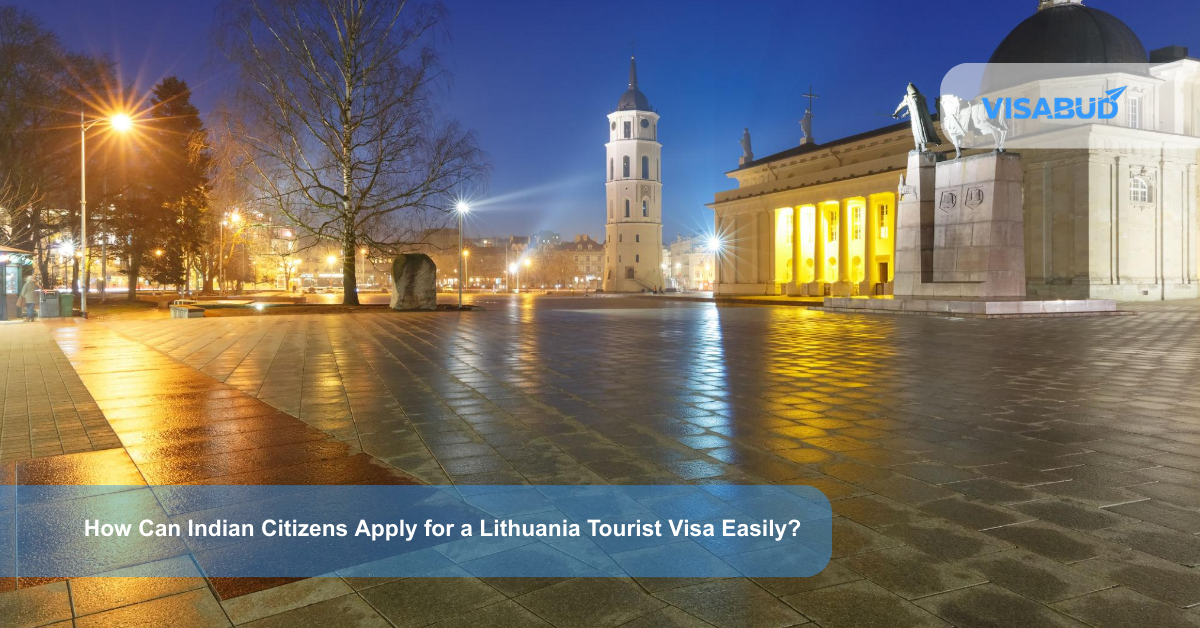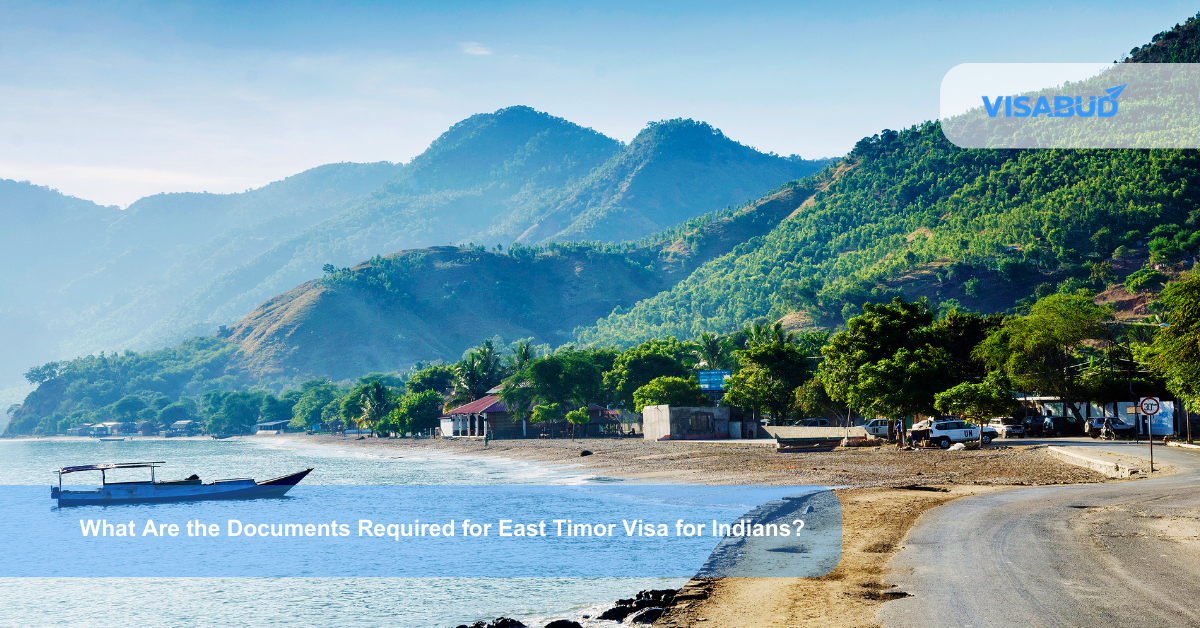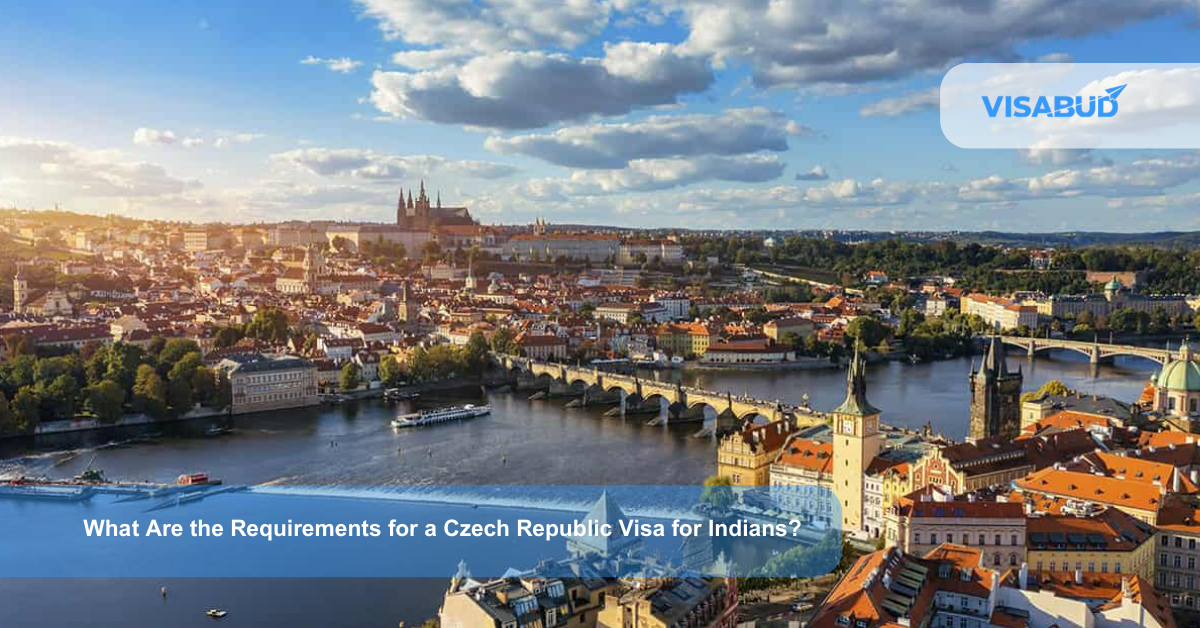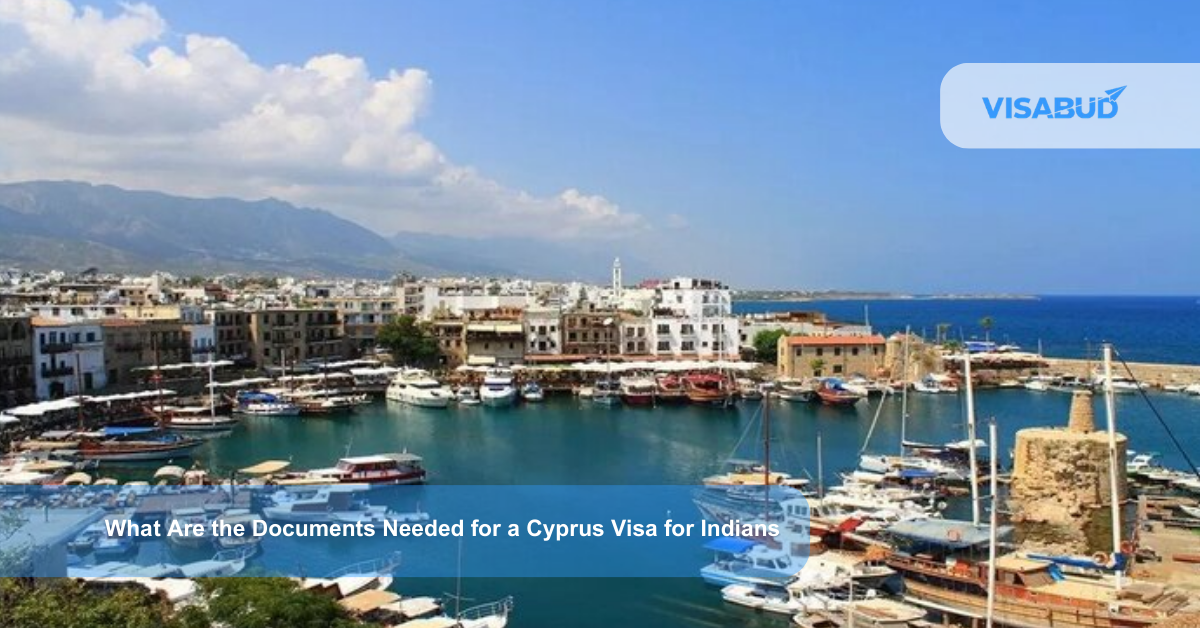Applying for a Schengen visa is exciting for many people who dream of exploring Europe’s stunning cities, art, culture, and scenic places. But for many applicants, the process turns stressful when the visa gets rejected. A refusal can feel disappointing and confusing, especially when you have already prepared documents, booked flights, or planned your travel.
Understanding why Schengen visa applications get denied is the first step in making sure your next application is smooth and successful. Most rejections happen because of simple mistakes that can be avoided if you know what the visa officers expect.
This article explains the common reasons for Schengen visa refusal and how you can avoid them, using simple language that even someone with no travel experience can easily understand.
Why Do Schengen Visa Applications Get Denied?
Visa officers check every application carefully to ensure the traveller is genuine, financially stable, and intends to come back to their home country. If something raises doubt, they reject the file. Here are the main reasons:
1. Incomplete or Missing Documents
Many applications are refused simply because the required documents are not submitted properly. Even a small missing paper can cause refusal.
Common missing items include:
How to avoid it :
Make a checklist and cross-check every document. Provide all papers exactly as the embassy asks.
2. Weak Financial Proof
If the embassy feels you cannot afford the trip or may depend on public funds, they may reject the visa.
Red flags include:
How to avoid it :
Show stable income, 6-month bank statements, ITR/Form 16, and proof of job or business.
3. Unclear Travel Purpose
The embassy wants to know exactly why you are travelling. If your travel plan looks doubtful or unclear, they may reject the visa.
How to avoid it :
Write a short and clear cover letter explaining:
4. Weak Ties to Home Country
If the visa officer suspects that the applicant might not return after travel, they can deny the visa. This is a very common reason.
Reasons for doubt:
How to avoid it :
Show strong ties, such as :
5. Criminal or Travel History Issues
Applicants with criminal backgrounds or previous visa refusals may face rejection.
How to avoid it :
Always be honest. Never hide previous refusals or legal issues.
6. Fake or Mismatched Documents
If anything looks fake or incorrect, the embassy immediately refuses the visa.
Avoid it :
Never submit fake tickets, fake hotel bookings, or edited documents. It leads to bans.
7. Invalid Passport
The Schengen rules for passports are strict.
Must have:
Avoid it :
Renew your passport before applying if needed.
8. Improper Travel Insurance
Travel medical insurance must cover €30,000 minimum and must be valid in all Schengen countries.
Avoid it:
Buy valid insurance and attach the certificate to the file.
9. Confusing or Unrealistic Itinerary
If your travel plan is too rushed or unclear, visa officers doubt your seriousness.
Avoid it :
Prepare a simple day-by-day travel schedule.
10. Interview Problems
Some visas include face-to-face interviews. If you give unclear answers or show nervousness, it may impact the decision.
Avoid it :
Stay calm and answer honestly.
How to Increase Your Chances of Getting Approved
Follow these practical tips:
Important Documents You MUST Prepare Properly
Frequently Asked Questions (FAQs)
1. What should I do if my Schengen visa is rejected?
You can apply again or appeal the decision. First, understand the refusal reason and correct your file.
2. Can I apply immediately after rejection?
Yes, you can reapply anytime, but apply only after improving the weak parts.
3. Do bank balance requirements matter?
Yes. Show enough funds to cover travel and daily expenses. Ideally ₹1.5–2 lakh or more depending on travel length.
4. Is travel insurance mandatory?
Yes, without €30,000 coverage insurance, the visa will be refused.
5. Can I submit a handwritten invitation letter?
Yes, but it should include address, passport details of host, and relationship.
6. Does visa rejection affect future applications?
If repeated refusals occur, it becomes harder. One rejection is normal.
7. Can fake bookings lead to rejection?
Yes, fake documents can even result in long-term bans.
8. Does property proof help?
Yes, it shows strong home ties and increases approval chances.
9. Do students need financial proof?
Yes, parents’ bank statements and sponsorship letters are needed.
10. Is a visa guaranteed if everything is correct?
No visa is guaranteed. The final decision is made by the embassy.
Final Thoughts
A visa rejection is not the end. It is just a sign that something is missing or unclear. If you apply again with a stronger file, you can get approval. Many travellers get visas after a previous refusal.
The secret is simple:
Be honest. Be clear. Be well-prepared.
Also Read : Schengen Visa Itinerary Guide for Indian Nationals
Ready to start your journey? Contact Us now.
